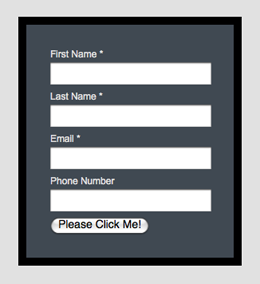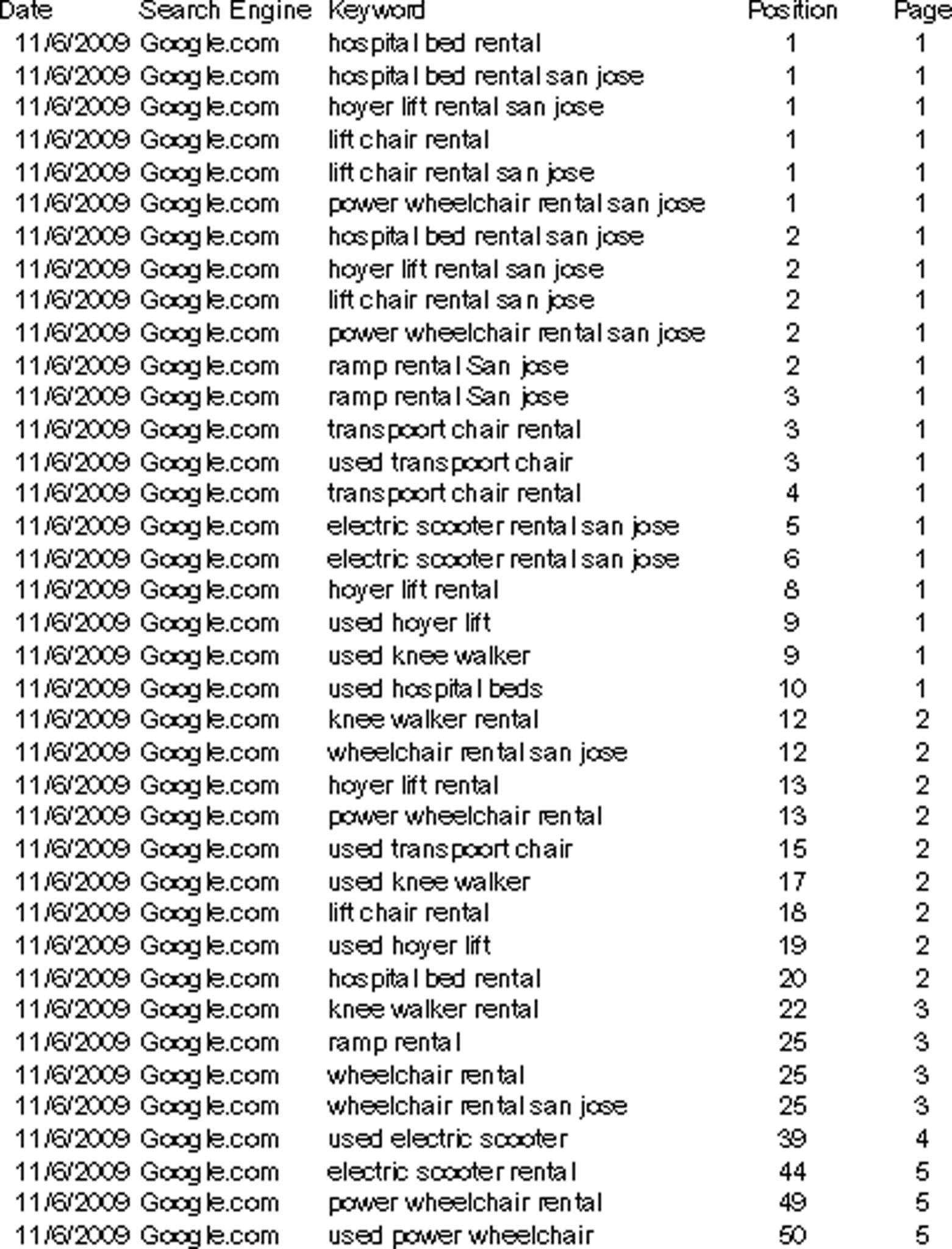Where’s My Leads? – Measuring Your Online SEO Effort
Late last year I wrote about Understanding and Enjoying Your Analytics Data. The intention with that post was to try to bridge the gap between staring at data and making good decisions. Towards the end of the post, I touched on building a good relationship and trust with your Internet Marketer or SEO company as a whole. This time, I want to explore more of that and look at measuring success and leads on your website or blog.
Patience is a Virtue – Build SEO into the Culture
Part of the reason competitive research is so important is to show what a new website is up against.There are no magic bullets in SEO and we should be thankful for that, since it rewards hard work and skill.Desired results can take up to a year for a brand new site and 6 months for a site that has built up some authority with search engines. By building in an SEO consideration at every level of decision making, then it is much easier to get results than as an afterthought after planning or building a site. For an SEO company to get the best results there has to be a shared trust that results will take time if staying the course. Some of the most successful entrepreneurs such as Richard Branson or James Dyson, are successful because they understood the value of trust in their employees and customers over the long game. No short cuts or short-termism if you don’t count a few publicity stunts along the way.

Lead Capture Strategy – Breaking through the Filters
Let’s be honest, over the last few decades we have built up a resistance to many direct marketing strains of bacteria. We put up filters on everything from email filters, Tivo the TV, remove ourselves from the phones book etc etc.In order to persuade a website visitor to sign up for your product or service you have to know exactly who to pitch. In my opinion, by the time they even see a call to action request, their mind should be 50% made up. Why? Because, you have positioned your site right in the cross hairs of your target audience. They have been searching for a site like yours online, found you, scanned a few pages and is mentally prepared to opt in. It’s focusing on your best customers and helping them out, which will produce better results, otherwise the net is so wide that you become yet another username/password/email annoyance.
What Did My Best Customers Want and Why?
Data can show you what keyword visitors arrived onand if they converted. It will show you what source they arrived and if they converted and it will show you what pages converted. Put all that together and you have a pretty solid picture of how the site is performing and if that is in line with your goals. Here’s an example:
- You want to focus on Google – Check this traffic source and conversions
- You want to focus on your product pages – Isolate these pages and conversions
- You want to perform for ‘x’ keyword – Isolate this keyword and converisons
If your goals are not produing results then it’s time to mix it up. Here’s a starter list to review:
- Meta Data – Are your titles and descriptions attracting the right audience; are they well optimized?
- Landing Page Headings – Are these pages what a visitor would expect once clicking through?
- Calls to Action – Do your pages close? Tweak the language to personalize it or present a better value proposition
Check back on the same data set next month and see if things improve.
Avoid Search Engine Rank Obsessions
Here’s wherethe measuring success debate gets tricky. Of course, your site needs to rank well to attract traffic but what happens if your site gets a lot of visitors but few leads? Has the Internet Marketing project been a success? Ask yourself would you be happier with 1000 visits per month and 10 leads or 500 visits and 20 leads? As I mentioned earlier, over time you might achieve this, but in the meantime it’s is crucial both parties understand what the goal is and how to get there. Your Analytics data is a better friend than your SERP rank data, which is far more localized and personalized than ever before and hard to track accurately. What is much more accurate is your data. If a goal has been to perform for ‘Burlington Real Estate’ for example, isn’t it better to actually see visitors using this keyword arrive on your site in the data than look at a chart that has you #1 in Google but few click-throughs?
What’s your Experience with SEO?
Trust me, the best results that I have seen so far as an Internet Marketer have not come easy or painless. The first few months of a project can be tough as we all get a good handle on the market, service, audience and trust factor but the rewards can be well worth it. I’d love to hear about the kinds of results you have achieved with SEO and how long it took and what you learned along the way!









